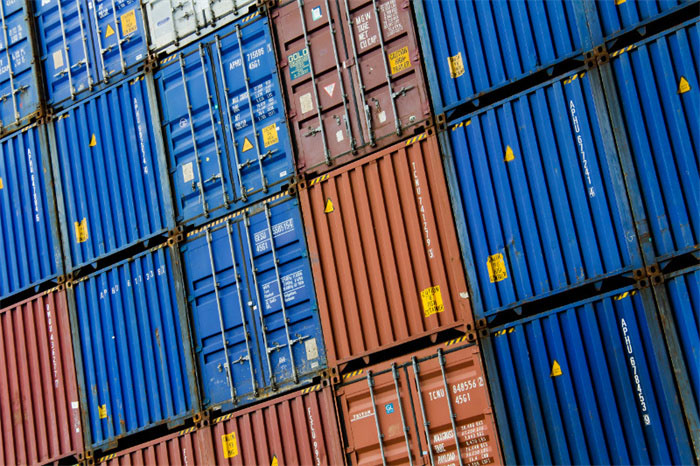USITC recommends extension of Section 201 tariffs on solar cells, modules

The US International Trade Commission has recommended that the Section 201 safeguard tariffs on solar cells and modules be extended.
In a bulletin issued by the ITC, the commission said relief for domestic solar manufacturers in the US continues to be necessary.
The recommendation now sits with US President Joe Biden, who will make a final decision on the future of the tariffs after they expire in February next year.
The verdict comes three weeks after the ITC began deliberations following evidence hearings attended by both those in favour and against the tariffs’ extension.
The tariffs, enacted by then-President Donald Trump, have been in place since January 2018 and currently impose an import tariff of 15% on crystalline silicon solar cells and modules. The tariffs have not been without their controversy, with an exemption for bifacial panels only recently reinserted after a decision by the US Court of International Trade last week.
In a statement issued today, Abigail Ross Hopper, chief executive at trade body the Solar Energy Industries Association (SEIA), said the tariffs had proven to be an “ineffective way to incentivise solar manufacturing” and lamented the impact on solar jobs in the US.
“SEIA remains committed to growing domestic manufacturing, but tariffs aren’t the answer. It’s time to enact real industrial policy, like Senator Ossoff’s Solar Energy Manufacturing for America Act, to foster and grow the solar manufacturing sector here at home.
“We are urging President Biden to take a different approach from the previous administration and reject these tariffs. With sensible trade policy and the enactment of Build Back Better legislation, the solar industry will be well positioned to maximise deployment and create a domestic manufacturing supply chain to meet historic demand for clean energy,” Hopper said.
The US International Trade Commission has recommended that the Section 201 safeguard tariffs on solar cells and modules be extended.
In a bulletin issued by the ITC, the commission said relief for domestic solar manufacturers in the US continues to be necessary.
The recommendation now sits with US President Joe Biden, who will make a final decision on the future of the tariffs after they expire in February next year.
The verdict comes three weeks after the ITC began deliberations following evidence hearings attended by both those in favour and against the tariffs’ extension.
The tariffs, enacted by then-President Donald Trump, have been in place since January 2018 and currently impose an import tariff of 15% on crystalline silicon solar cells and modules. The tariffs have not been without their controversy, with an exemption for bifacial panels only recently reinserted after a decision by the US Court of International Trade last week.
In a statement issued today, Abigail Ross Hopper, chief executive at trade body the Solar Energy Industries Association (SEIA), said the tariffs had proven to be an “ineffective way to incentivise solar manufacturing” and lamented the impact on solar jobs in the US.
“SEIA remains committed to growing domestic manufacturing, but tariffs aren’t the answer. It’s time to enact real industrial policy, like Senator Ossoff’s Solar Energy Manufacturing for America Act, to foster and grow the solar manufacturing sector here at home.
“We are urging President Biden to take a different approach from the previous administration and reject these tariffs. With sensible trade policy and the enactment of Build Back Better legislation, the solar industry will be well positioned to maximise deployment and create a domestic manufacturing supply chain to meet historic demand for clean energy,” Hopper said.
Part of the article excerpted from the network, infringement contact deleted.